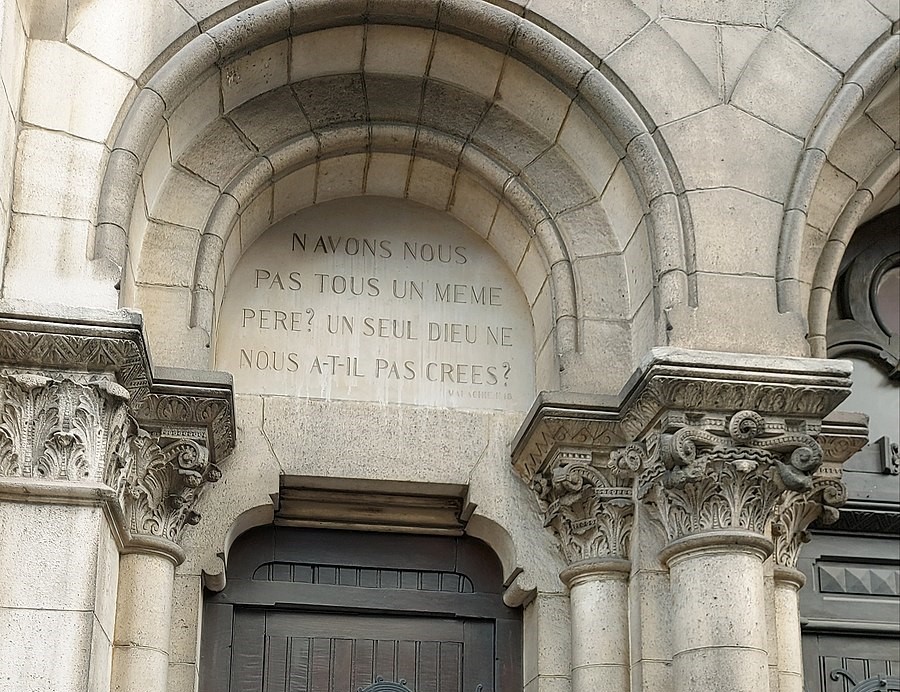A new European Network on monitoring antisemitism was launched last week amid growing concerns about the surge in antisemitic incidents in EU member states since the 7 October attack on Israel.
The network (ENMA), funded by the European Commission, consists of civil society organisations in Germany, Austria, and Poland and is open to further members. It aims at providing comparable data on antisemitic incidents across Europe by building a user-friendly reporting infrastructure that will serve Jewish communities and affected persons across Europe.
Antisemitic incidents have increased manifold since 7 October compared to the corresponding period in 2022, said Benjamin Steinitz, executive director of the Federal Association of Department for Research and Information on Antisemitism (RIAS) in Germany. He mentioned some of the most affected countries such as Austria, Germany, Poland, the Czech Republic and Italy.
Belgium has not been spared. Two Jewish organisations in Belgium sent recently an open letter to Prime Minister Alexander De Croo protesting against the Belgian government’s passivity in condemning and combatting the surge in antisemitism in the country.
“Too little is known about the transnational dimension of antisemitism,” Benjamin Steinitz added. The network is open to civil society organisations in all EU member states provided that they are willing to record antisemitic incidents regardless of political background and use a database which allows for reliable statistical comparisons.
The new database will apply a working definition of antisemitism which has been developed by the International Holocaust Remembrance Alliance (IHRA). The definition is recognized by the EU in its strategy on combatting antisemitism and fostering Jewish life in Europe and has been adopted by a majority of EU member states in their national strategies.
According to the European Union Agency for Fundamental Rights (FRA), antisemitic incidents are underreported because a majority of victims of the incidents do not report even the most serious incidents. ENMA says that the new reporting system will address the issue of underreporting.
If anyone can report anything which might be antisemitic, how do you ensure quality control of the figures?
“ENMA members will adhere to high working standards to ensure the comparability and reliability of the documentation of antisemitism,” the network replied. “The strict application of the IHRA definition ensures a mutual understanding of antisemitism as well as scientifically sound documentation. The reporting will be verified by qualified and regularly trained staff before registration in the database.”
How will the reporting infrastructure work? ENMA members will operate sovereign reporting infrastructures in their respective country. The documentation of verified incidents will be carried out using a database software which has been developed and provided by RIAS.
“We view monitoring antisemitism as a first step in combating it,” Benjamin Steinitz concluded. Katharina von Schnurbein, the European Commission Coordinator on combating antisemitism since 2015, agrees. “You need to make antisemitism visible in order to be able to fight it. Antisemitism is a threat not only against Jews but against all of us and against democracy and security in our societies.”
She is currently preparing a progress report about the implementation of the EU strategy against antisemitism which will also include as far as possible information about the strategies in the EU member states. “To our knowledge, law enforcement authorities in most countries do not record antisemitic hate crime in that detail.”
“That’s why we are working with them on a voluntary basis to develop a common methodology to record antisemitic hate crime. This process will be complemented by civil society organisations, such as ENMA, that also will record ‘lawful but awful’ incidents and hate speech that are not illegal but create a toxic environment for Jewish communities.”
M. Apelblat
The Brussels Times

